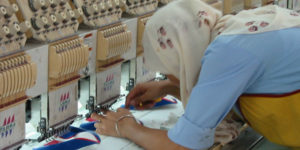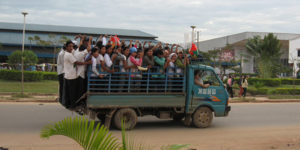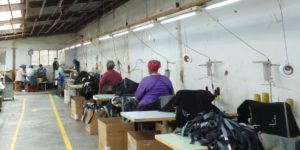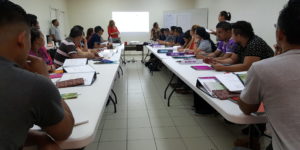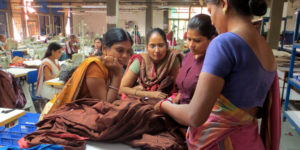Our Work
702,100 Workers Secured Remedies
total workers the WRC has helped directly through factory investigations
More Than $150 Million in Back Wages Paid
total amount of legally mandated compensation secured for workers
1,785 Anti-union Terminations Reversed
worker leaders reinstated after they were wrongfully fired in retaliation for exercising their associational rights
The WRC Method
Workers are the best source of information about any workplace and they are the focus of the WRC’s investigative method. Crucially, the WRC interviews workers offsite, without the knowledge or involvement of factory management, so that workers can speak openly and without fear of reprisal. When brands inspect their contract suppliers, they talk to workers inside the factory, ensuring they will receive little or no candid information. This enables the WRC to uncover labor rights abuses the brands and their auditing organizations routinely ignore.
The WRC maintains a global team of field investigators who have built an extensive network of relationships with unions, human rights groups, women’s organizations, and other civil society groups around the world. As part of our work, the WRC issues detailed public reports on our findings at the factories we investigate as well as the responses of brands, retailers, and factory owners to those findings. The WRC has compelled brands and their suppliers around the world to implement vital remedies: more than 100 million dollars in back pay, reinstatement for thousands of unjustly fired workers, and far-reaching safety improvements.
Toward Systemic Change in Supply Chains
The WRC’s efforts have helped illuminate the nature and causes of labor rights abuses in global supply chains, expose the inadequacy of industry-sponsored monitoring schemes, and shape the public debate about the path to genuine reform.
Achieving decent conditions in supply chains also requires systemic reform: supplanting voluntary industry promises with enforceable agreements worldwide and obliging brands to end the price pressure on suppliers that impels abuses. We drive strategies to advance this agenda.
We have played a key role in developing and launching some of the most innovative and effective labor rights initiatives of the last decade, including the gender-based violence and harassment agreement covering the entire Nien Hsing workforce in Lesotho, the binding safety accords in Bangladesh and Pakistan, and the union-management agreement covering the entire Fruit of the Loom workforce in Honduras that guarantees the right to organize and bargain collectively.

